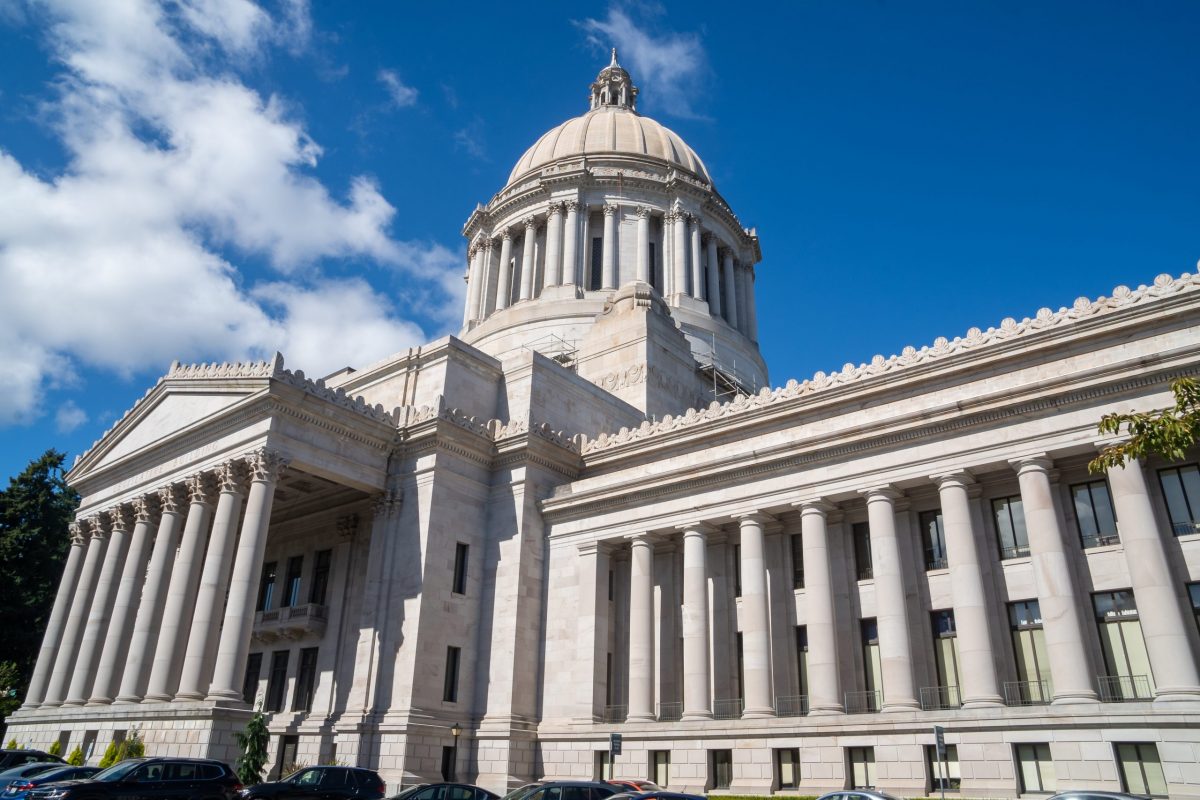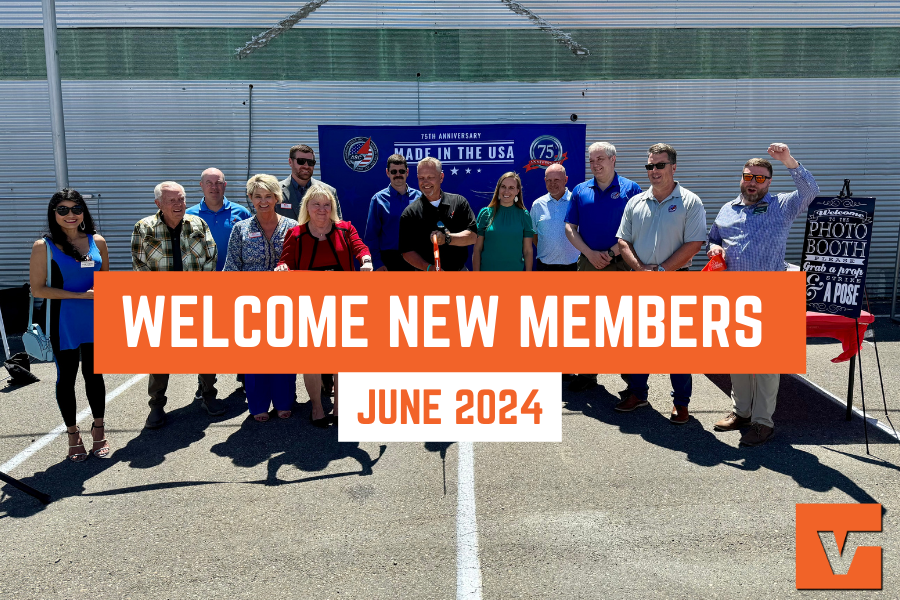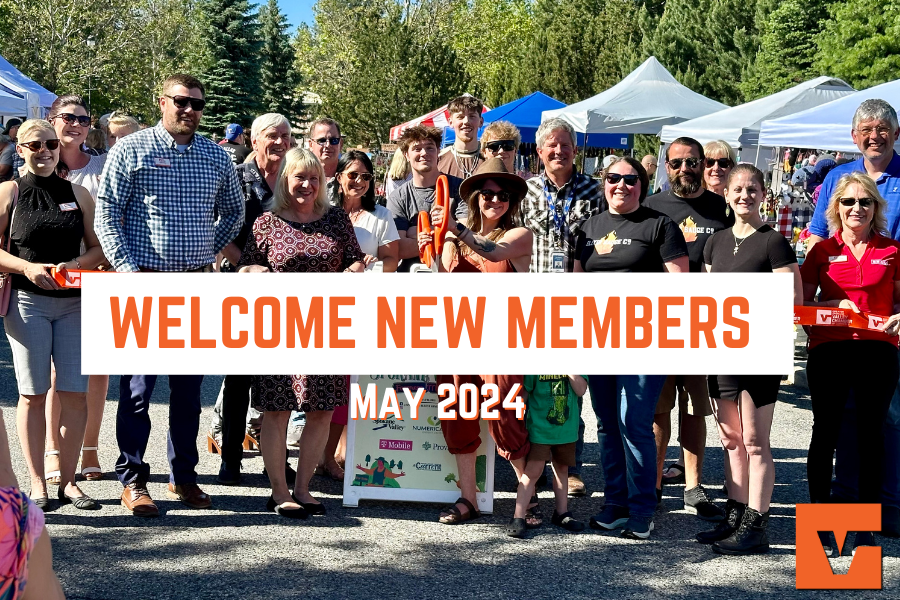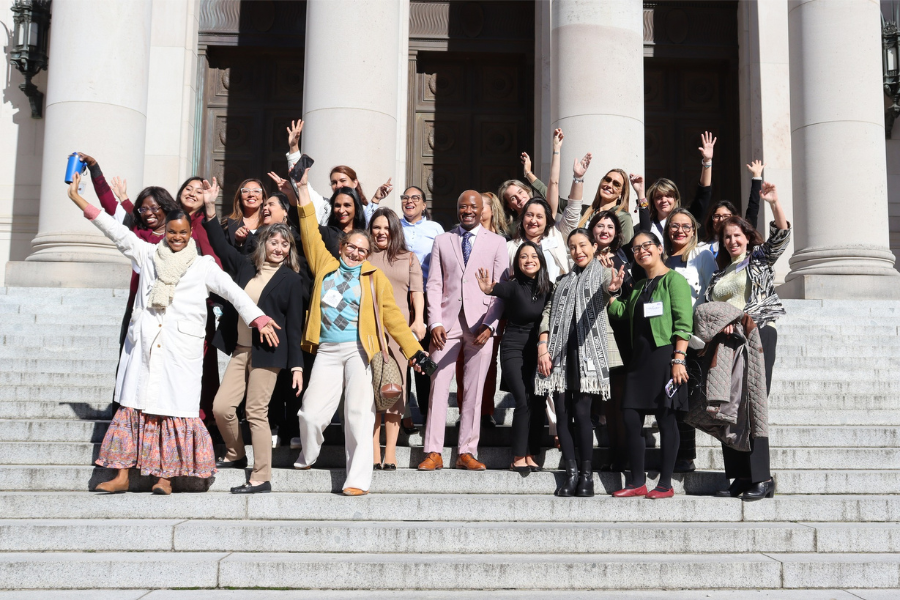Lukas Garcia, our Director of Government Affairs, details the week he spent in Olympia
Legislative Meetings
I sat down with Spokane Valley’s 4th District delegation, other Eastern Washington policymakers, and met directly with both House and Senate offices tasked with writing the state’s $70 billion budget.
I and Bryan Ricker, co-chair of our Government Action Committee, met with our elected representatives to collaborate on shared priorities, build relationships with esteemed lawmakers, and champion opportunities to connect the Valley Chamber to Washington State government.
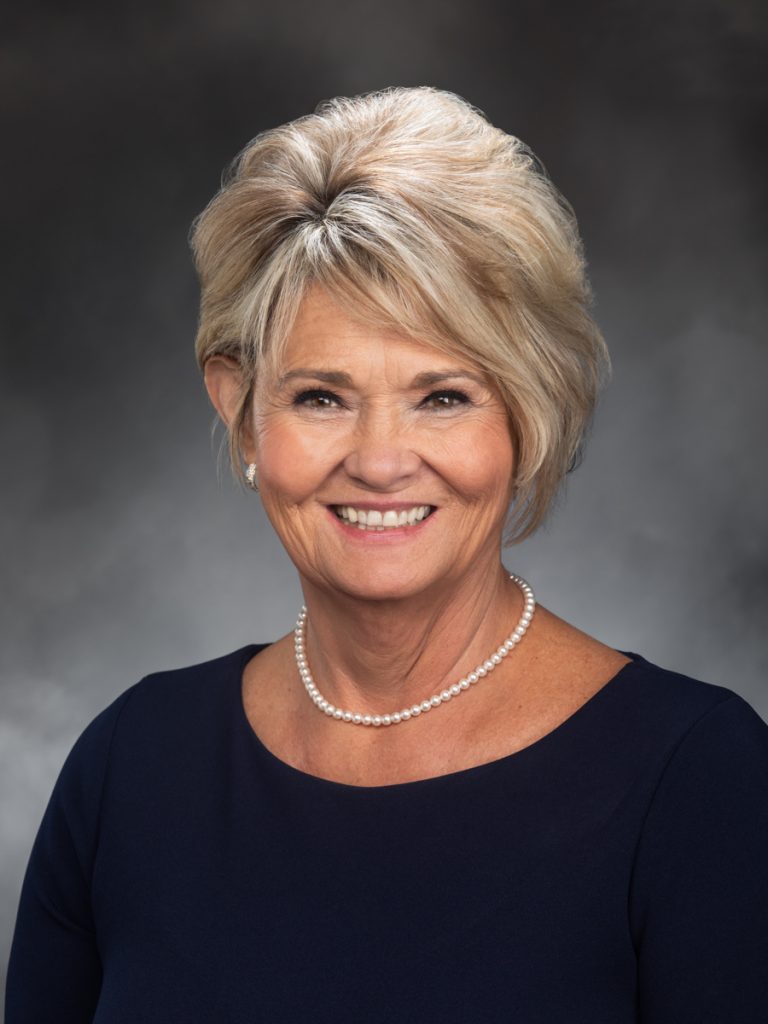
Representative Schmidt successfully championed a piece of legislation, HB 1898, to unanimous votes out of both the House and Senate. HB 1898 simplifies unemployment insurance processes, ensuring fair treatment for employers, and reducing unnecessary administrative burdens. Another bill of hers, HB 2127, would provide return-to-work incentives for injured and disabled workers, ensuring their swift and supportive reintegration into the workforce. We are appreciative of Representative Schmidt championing employer support and workforce development policies.
Representative Christian, a member of the House’s Capital Budget committee, has been busy advocating for our region’s priorities – helping to get almost $12M allocated to the 4th Legislative District in this year’s supplemental budget. Representative Christian is not just focused on his committee’s budget, he has also been a vocal advocate for the North South freeway and has assured the Chamber that this funding is safe for at least one more year. We are appreciative of Representative Christian going to bat for brick & mortar investments in the Greater Spokane Valley.
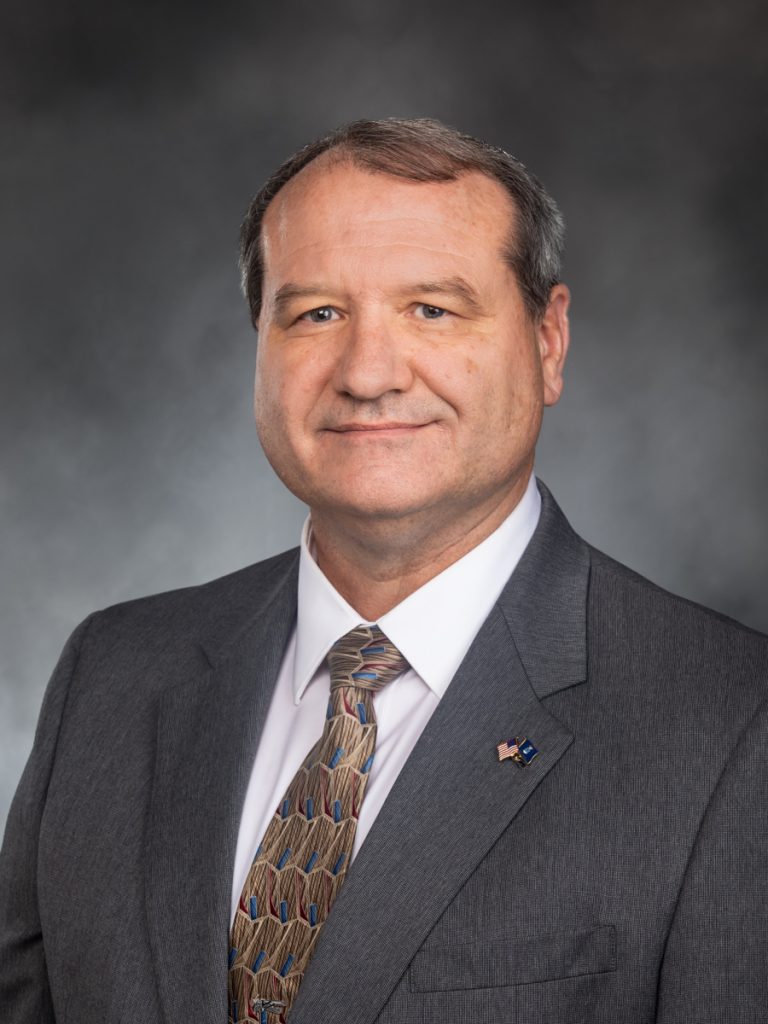
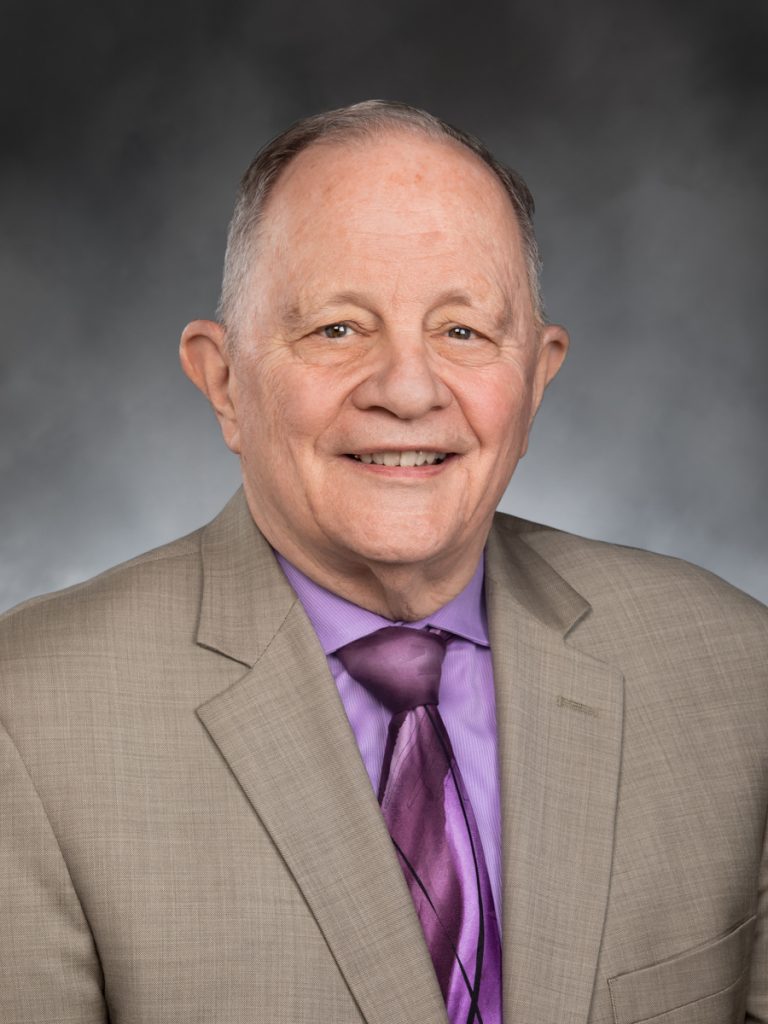
Senator Padden has several bills still alive at this point in the session. SB 5920 would lift the certificate of need requirements for psychiatric hospitals and beds, increasing psychiatric bed capacity and relieving the pressure individuals with complex mental disorders are having on our emergency rooms and other healthcare facilities. Another bill of his, SB 5792, would ease condominium liabilities by excluding buildings with 12 or fewer units from certain design and inspection requirements. We are appreciative of Senator Padden’s leadership on these two important pieces of legislation.
We were not only on the defensive, we also voiced our support for reimbursement rate increases in the healthcare field, increasing the prototypical school staffing model (5882), addressing workforce shortages in childcare, healthcare, and the trades, reinstating semiconductor tax incentives (2482), building back communities devastated by wildfires (1899), and we spoke in favor of the Capital Projects in our 2024 legislative agenda.
Civic Meetings
In the Capitol building,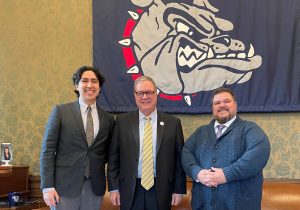 right below the House and Senate Chambers, sit the offices of the Secretary of State and the Lieutenant Governor. Both offices came into the new year with an acute interest in improving civility in Washington. The Lieutenant Governor is currently championing legislation to create a civility workgroup, comprised of members of the House and Senate, to institutionalize civility within the legislature. Additionally, Lt. Gov. Heck aspires to support a bottoms-up, grassroots civility campaign. Building upon the work of entities like the Valley Chamber and the Tri Cities Civility Caucus, this initiative would facilitate sharing best practices, standing up a website to showcase organizations working on civility, and generally looking for opportunities to encourage and facilitate positive civic health.
right below the House and Senate Chambers, sit the offices of the Secretary of State and the Lieutenant Governor. Both offices came into the new year with an acute interest in improving civility in Washington. The Lieutenant Governor is currently championing legislation to create a civility workgroup, comprised of members of the House and Senate, to institutionalize civility within the legislature. Additionally, Lt. Gov. Heck aspires to support a bottoms-up, grassroots civility campaign. Building upon the work of entities like the Valley Chamber and the Tri Cities Civility Caucus, this initiative would facilitate sharing best practices, standing up a website to showcase organizations working on civility, and generally looking for opportunities to encourage and facilitate positive civic health.
The Secretary of State’s office reached out the Valley Chamber at the beginning of the year to discuss ways to partner in civility education. Building upon our initial conversation, I reached out to the Secretary of State’s office to learn more about their initiatives. On top of creating a civics handbook, standing up a civics academy, and other active civility programs, they are also engaging the public through multimedia to make the lawmaking process more approachable. From voter confidence initiatives and targeted community engagement – to basic civic education and fun activities particularly targeted at youth, the Secretary of State’s office is committed to building relationships and trust between citizens and the full spectrum of government.
We are excited to build upon these relationships in the interim and greatly appreciate their shared leadership n civilty.
2024 Supplemental Budget
This last week, the legislature discussed and debated the state’s 2024 supplemental operating, capital, and transportation budgets. The Senate’s Capital Budget was approved by the full Senate 49-0, and the House will pass their transportation budget 93-2. Unlike the Senate’s capital budget, and the House transportation budget, which were both highly bipartisan, both operating budgets reflect a highly partisan process – to the point where Republicans were not part of the negotiations.
Below are some highlights from the Capital Budgets:
House Version:
7 Nations Healing Lodge Expansion – $10M
Broadway Senior Housing – $1M
School Playground Renovation – $258K
Spokane Conservation District Scale House – $300K*
Airport Transload Sewer – $515K
Senate Version:
Kaiser Aluminum Boiler Replacement – $4.8M
West Valley Centennial Middle School – $32K
Spokane Conservation District Scale House – $118K*
Spokane Valley Cross Country Course – $150K
Gray & Oregon Road Forest Fire Recovery – $975K
Engineering & Surveying of Essential Fire Recovery – $300K
*projects included in both proposals.
The projects and figures above represent a preliminary step before finalizing this year’s supplemental budget, and a lot can change between now and the end of session. What’s next is for the House and Senate to negotiate a final, consolidated budget. Historically, projects under $5M get incorporated into the final budget without much fuss. Though, with so much difference between the two budget proposals, advocating for our funding priorities remains a top priority.
Operating Budget
Utility Rebates – Legislative Democrats have earmarked $100-$200 in utility rebates for low-income families, addressing the financial impact of Washington’s climate policies. While Senate Democrats advocate for a one-time $200 payment, the House proposes $100 installments, aiming for initial relief in September and a possible follow-up in February. Critics decry this as “electioneering,” given its timing with the Climate Commitment Act’s repeal vote.
I-2117 Repealing Climate Commitment Act (CCA) – fearing a I-2117’s success, Legislative Democrats cautiously adjusted the timeline for Climate Commitment Act (CCA) funding, setting January 1, 2025, as the start date, because – should I-2117 succeed, existing funding plans would be voided, prompting the legislature to reallocate the CCA fund in limited, one-time payments
Corrections Regional Academy – Included in this year’s budget is an expansion of the Correctional Officers Academy to be held in the Regional Training Academies, including Spokane County’s. This will greatly bolster the pipeline of commissioned officers in our community.
Opioid Workforce Grant – Spokane County received funding to provide disaster-relief employment and training services to address the significant impacts of opioid use, addiction, and overdose.
Transportation Budget
Section 104 Subsection 2 – providing funding for the University of Washington to review the transit-oriented development conditions in Spokane county, with a preliminary report coming out at the end of this year and a final report by June of 2025.
Section 304 Subsection 26 -Convening an expert review panel to assess procurement methods for the North Spokane Corridor and other specific projects before initiating bid and qualification requests. Composed of up to five contracting experts, the panel’s aim is to refine procurement strategies to enhance project efficiency and cost-effectiveness. While this approach is geared to streamline project execution and potentially mitigate cost overruns, it could initially slow project commencement and incur higher planning expenses.
Government Action Committee
Please join us for our post-session GAC meeting on Moday, March 11th from 11:00 a.m. – 12:30 p.m.


